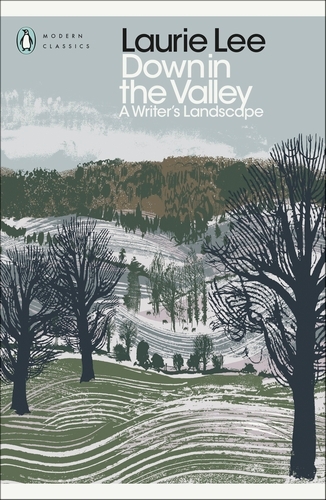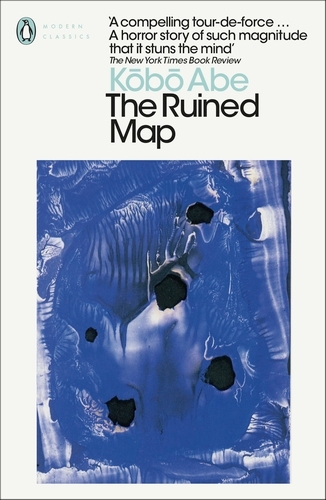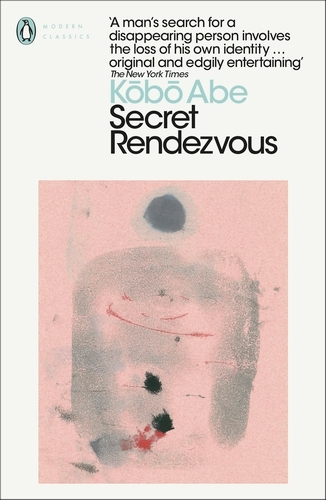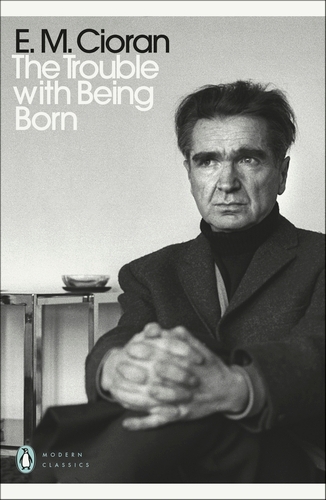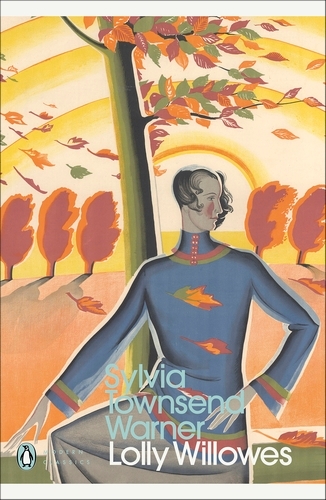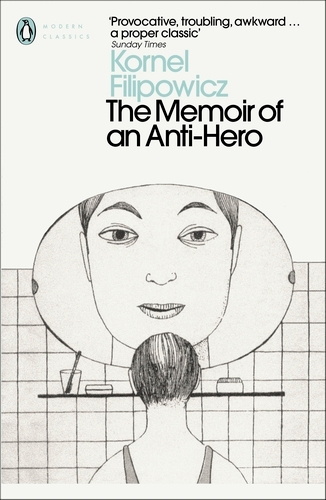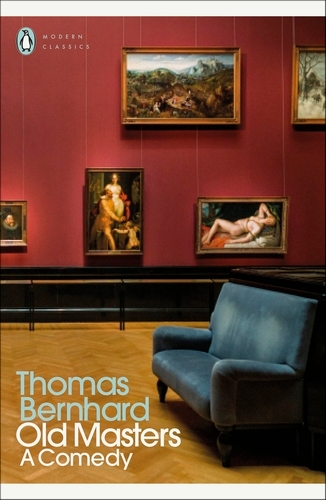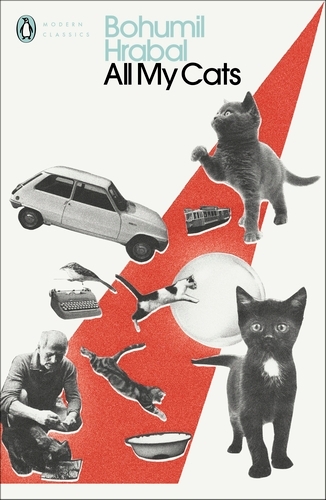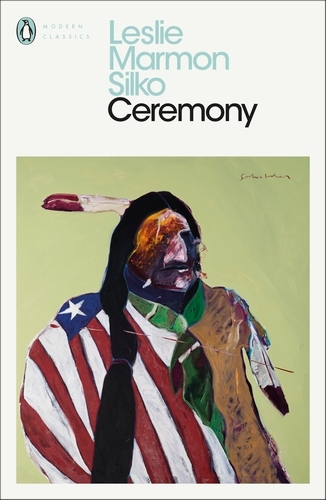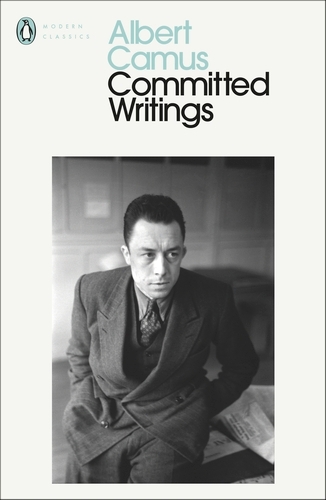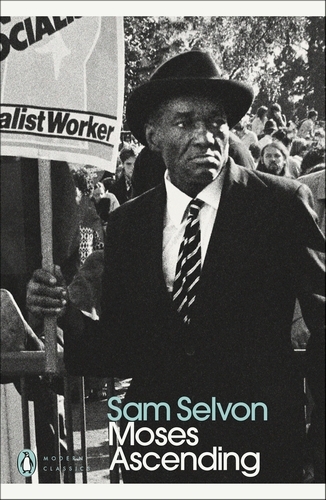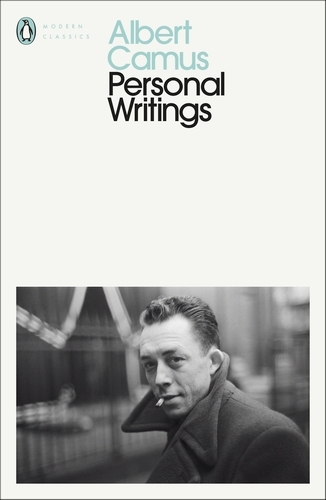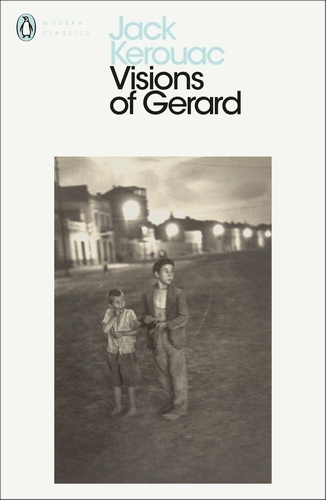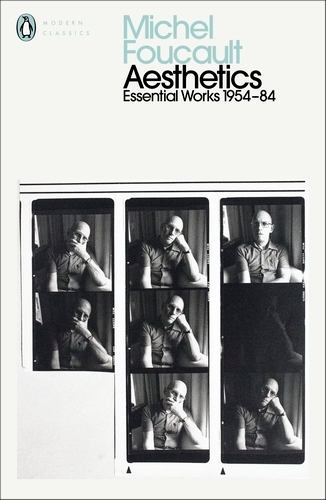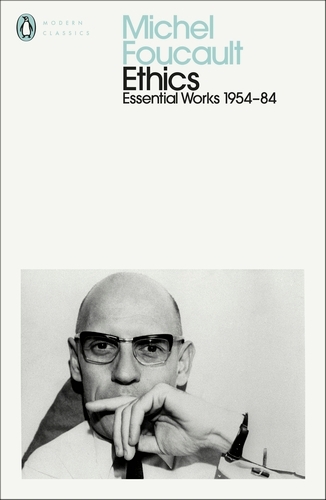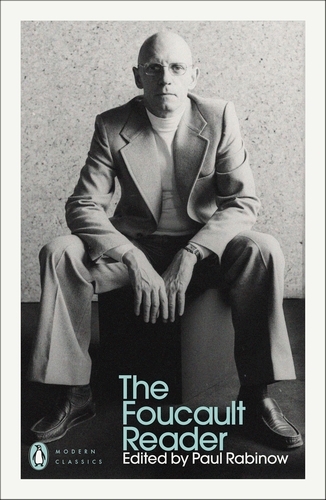Penguin Modern Classics
1281 books in this series
Down in the Valley
'Living in our valley was like broad beans in a pod, so snug and enclosed and protective.'
Laurie Lee walked out of his childhood village one summer morning to travel the world, but he was always drawn back to his beloved Slad Valley, eventually returning to make it his home.
In this never-before-published portrait of his Cotswold home, Laurie Lee guides us through its landscapes, and shares memories of his village youth - from his favourite pub, The Woolpack, to winter skating on the pond, the church through the seasons, local legends, learning the violin and playing jazz records in the privy on a wind-up gramophone.
Filled with wry humour and a love of place, Down in the Valley is a writer's tribute to the landscape that shaped him, and where he found peace.
Laurie Lee walked out of his childhood village one summer morning to travel the world, but he was always drawn back to his beloved Slad Valley, eventually returning to make it his home.
In this never-before-published portrait of his Cotswold home, Laurie Lee guides us through its landscapes, and shares memories of his village youth - from his favourite pub, The Woolpack, to winter skating on the pond, the church through the seasons, local legends, learning the violin and playing jazz records in the privy on a wind-up gramophone.
Filled with wry humour and a love of place, Down in the Valley is a writer's tribute to the landscape that shaped him, and where he found peace.
The Ruined Map
Mr Nemuro, a respected salesman, disappeared over half a year ago, but only now does his alluring yet alcoholic wife hire a private eye. The nameless detective has but two clues: a photo and a matchbook. With these, he embarks upon an ever-more-puzzling pursuit that leads him into the depths of Tokyo's dangerous underworld, where he begins to lose the boundaries of his own identity. Surreal, fast-paced and hauntingly dreamlike, Abe's masterly novel delves into the unknowable mysteries of the human mind.
Secret Rendezvous
In Tokyo, in the middle of the night, an uncalled-for ambulance arrives to spirit away a man's wife, though she is perfectly healthy. He sets out on an epic journey to find her, around the labyrinthine corners of a strange and enormous hospital. Days into his search, having encountered countless strange characters, odd sexual experiments and the unmistakable feeling of being watched, he is suddenly appointed to be the hospital's chief of security, and his new boss is convinced that he is a horse. Throughout it all, he will never stop searching for his wife.
The Trouble With Being Born
'Not to be born is undoubtedly the best plan of all. Unfortunately it is within no one's reach.'
In The Trouble With Being Born, E. M. Cioran grapples with the major questions of human existence: birth, death, God, the passing of time, how to relate to others and how to make ourselves get out of bed in the morning.
In a series of interlinking aphorisms which are at once pessimistic, poetic and extremely funny, Cioran finds a kind of joy in his own despair, revelling in the absurdity and futility of our existence, and our inability to live in the world.
Translated by Pulitzer Prize-winning poet and critic Richard Howard, The Trouble With Being Born is a provocative, illuminating testament to a singular mind.
In The Trouble With Being Born, E. M. Cioran grapples with the major questions of human existence: birth, death, God, the passing of time, how to relate to others and how to make ourselves get out of bed in the morning.
In a series of interlinking aphorisms which are at once pessimistic, poetic and extremely funny, Cioran finds a kind of joy in his own despair, revelling in the absurdity and futility of our existence, and our inability to live in the world.
Translated by Pulitzer Prize-winning poet and critic Richard Howard, The Trouble With Being Born is a provocative, illuminating testament to a singular mind.
Lolly Willowes
Lolly Willowes, always so gentle and accommodating, suddenly announces that she is moving, alone, to the countryside. To her overbearing family in London, it is a disturbing and inexplicable act of defiance. But Lolly will not be swayed, and in the depths of the English countryside she gradually discovers not only freedom and independence, but also, unexpectedly, her true vocation: witchcraft.
The Memoir of an Anti-Hero
The Second World War. Poland. Our narrator has no intention of being a hero. He plans to survive this war, whatever it takes.
Meticulously he recounts his experiences: the slow unravelling of national events as well as uncomfortable personal encounters on the street, in the café, at the office, in his love affairs. He is intimate but reserved; conversational but careful; reflective but determined. As he becomes increasingly and chillingly alienated from other people, the reader is drawn into complicit acquiescence. We are forced to consider what it means to be heroic and how we ourselves would behave in the same circumstances.
Written in 1961, this is the masterpiece of one of the great Polish writers of the 20th century.
Meticulously he recounts his experiences: the slow unravelling of national events as well as uncomfortable personal encounters on the street, in the café, at the office, in his love affairs. He is intimate but reserved; conversational but careful; reflective but determined. As he becomes increasingly and chillingly alienated from other people, the reader is drawn into complicit acquiescence. We are forced to consider what it means to be heroic and how we ourselves would behave in the same circumstances.
Written in 1961, this is the masterpiece of one of the great Polish writers of the 20th century.
Old Masters
'I hate walking, he says, it seems so pointless to me. I walk, and while I am walking I keep thinking how I hate walking'
Old Masters (1985) is Thomas Bernhard's devilishly funny story about the friendship between two old men. For over thirty years Reger, a music critic, has sat on the same bench in front of a Tintoretto painting in a Viennese museum, thinking and railing against contemporary society, his fellow men, artists, the weather, even the state of public lavatories. His friend Atzbacher has been summoned to meet him, and through his eyes we learn more about Reger - the tragic death of his wife, his thoughts of suicide and, eventually, the true purpose of their appointment. At once pessimistic and exuberant, rancorous and hilarious, Old Masters is a richly satirical portrait of culture, genius, nationhood, class, the value of art and the pretensions of humanity.
Old Masters (1985) is Thomas Bernhard's devilishly funny story about the friendship between two old men. For over thirty years Reger, a music critic, has sat on the same bench in front of a Tintoretto painting in a Viennese museum, thinking and railing against contemporary society, his fellow men, artists, the weather, even the state of public lavatories. His friend Atzbacher has been summoned to meet him, and through his eyes we learn more about Reger - the tragic death of his wife, his thoughts of suicide and, eventually, the true purpose of their appointment. At once pessimistic and exuberant, rancorous and hilarious, Old Masters is a richly satirical portrait of culture, genius, nationhood, class, the value of art and the pretensions of humanity.
All My Cats
In the autumn of 1965, flush with the unexpected success of his first published books, the Czech writer Bohumil Hrabal bought a weekend cottage in Kersko, about an hour's drive east of Prague. From then until his death in 1997, he divided his time between Prague and Kersko, where he wrote and tended to a community of cats. Over the years, his relationship with them grew deeper, becoming a measure of the pressures, both private and public, that impinged on his life as a writer.
All My Cats, written in 1983 after a serious car accident, is the chronicle of a cat lover who becomes overwhelmed by his cats and his life and is driven to the brink of madness by the dilemmas his indulgent love for the animals has created.
All My Cats, written in 1983 after a serious car accident, is the chronicle of a cat lover who becomes overwhelmed by his cats and his life and is driven to the brink of madness by the dilemmas his indulgent love for the animals has created.
Ceremony
Tayo, a young Second World War veteran of mixed ancestry, is coming home. But, returning to the Laguna Pueblo Reservation, he finds himself scarred by his experiences as a prisoner of war, and further wounded by the rejection he finds among his own people. Only by rediscovering the traditions, stories and ceremonies of his ancestors can he start to heal, and find peace.
'An exceptional novel ... a cause for celebration' Washington Post
'The most accomplished Native American writer of her generation' The New York Times Book Review
'An exceptional novel ... a cause for celebration' Washington Post
'The most accomplished Native American writer of her generation' The New York Times Book Review
Committed Writings
This volume contains some of Camus' most powerful political writing as he reflects on moral responsibility and the role of the artist in the world. 'Letters to a German Friend' was Camus' first wartime intervention, written in 1943 in order 'to make our battle more effective'. 'Reflections on the Guillotine' is his impassioned polemic against the death penalty. And in his Nobel speeches, Camus argues against 'Art for art's sake' and brilliantly sets out his vision of the artist's responsibilities.
Moses Ascending
Moses thinks he's got it made. Originally a poor Caribbean immigrant, he is now the proud landlord of a ramshackle house in Shepherd's Bush, London. He has visions of being master of his own domain, writing his memoirs while his trusty sidekick and handyman, Bob, does all the work. But Moses' problems are far from over...
Soon a Black Power group take over the basement, headed by the indomitable - but very sexy - Brenda, and an illegal people-smuggling ring is discovered upstairs. Not to mention harassment from racist police, sheep-slaughtering in the back yard and a Black Panther (the human kind) on the loose.
Will Moses' elaborately constructed castle in the air be demolished by these unruly forces?
Following the fortunes of characters from Selvon's The Lonely Londoners, Moses Ascending is a hilarious and telling depiction of 1970s Britain.
Soon a Black Power group take over the basement, headed by the indomitable - but very sexy - Brenda, and an illegal people-smuggling ring is discovered upstairs. Not to mention harassment from racist police, sheep-slaughtering in the back yard and a Black Panther (the human kind) on the loose.
Will Moses' elaborately constructed castle in the air be demolished by these unruly forces?
Following the fortunes of characters from Selvon's The Lonely Londoners, Moses Ascending is a hilarious and telling depiction of 1970s Britain.
Personal Writings
This volume contains some of Camus' most intimate writing, as he reflects on his identity and childhood in Algeria and celebrates the beauty of the Mediterranean. The Wrong Side and the Right Side, Camus' first book and most openly autobiographical work, describes his early years in a working-class neighbourhood in Algiers and includes memorable portraits of his mother, grandmother and uncle. Nuptials rejoices in the sun, landscape and sea, and the physical and spiritual freedom they offer to even the poorest. And in Summer Camus evocatively depicts the sunlit cities of Algiers and Oran.
Visions of Gerard
Gerard Duluoz was born in 1917, 'a sickly little kid with a rheumatic heart'. Based on Jack Kerouac's memories of the beloved older brother who died when he was a boy, Visions of Gerard is unique among his novels for its dreamlike evocation of the sensations of childhood - wisdom, anguish, intensity, innocence, joy and pain. Described by Kerouac as 'my most serious sad and true book', it forms the first volume of his memoir cycle The Duluoz Legend, and is a haunting exploration of the precariousness of life.
'Called a "pain-tale" by Kerouac, it's the story of an almost divine, Buddha-like child racked with sickness and suffering' Guardian
'Called a "pain-tale" by Kerouac, it's the story of an almost divine, Buddha-like child racked with sickness and suffering' Guardian
Aesthetics, Method, and Epistemology
Aesthetics offers a focused study on the philosophy, literature and art which informed Foucault's engagement with ethics and power, including brilliant commentaries on the work of de Sade, Rousseau, Marx, Nietzsche, Freud and Wagner.
Ethics
The Essential Works of Michel Foucault offers the definitive collection of his articles, interviews and seminars from across thirty years of his extraordinary career. This first volume, Ethics, contains the summaries of Foucault's renowned courses at the Collège de France, as well as key writings and candid interviews on ethical matters: from the role of the intellectual and philosopher in society to friendship, sexuality and the care of the self and others.
The Foucault Reader
The Foucault Reader is the ideal introduction to one the most stimulating and influential writers of the past century. It includes detailed excerpts from all his richly textured historical studies - including Discipline and Punish and The History of Sexuality - as well as many of his best interviews.
